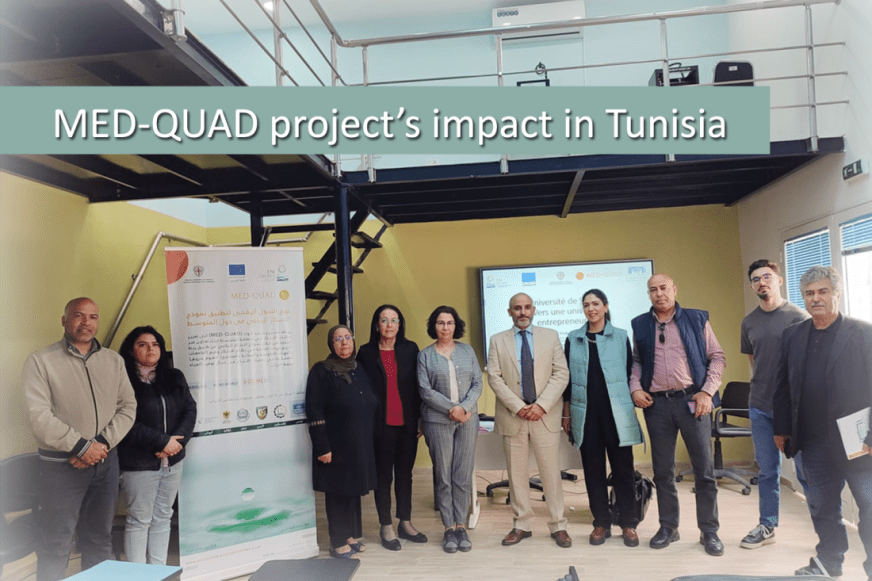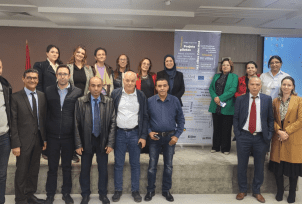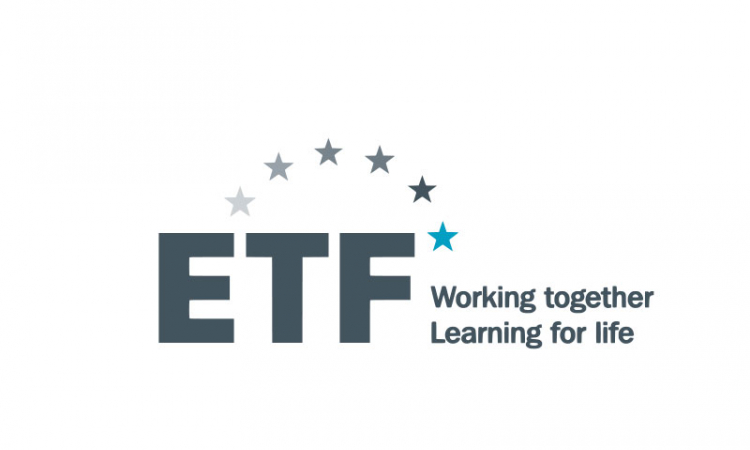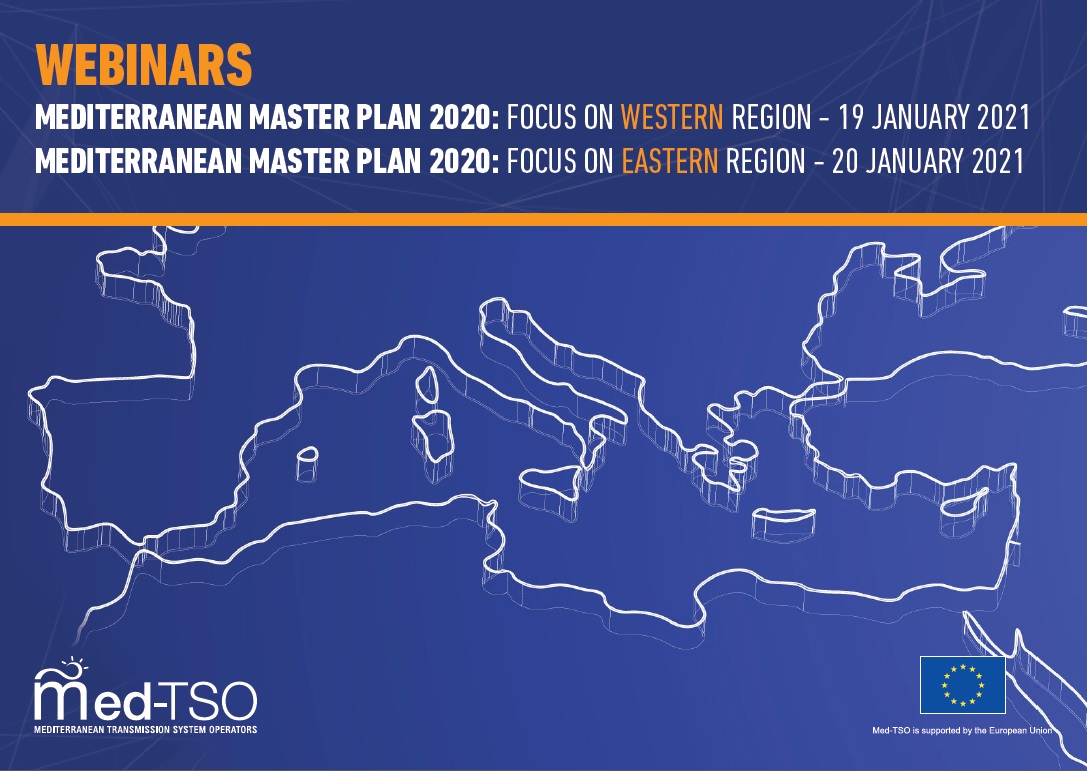EU-funded MED-QUAD in Tunisia contributes to revive archaeological pieces

The University of Sousse in Tunisia has gone through a positive change, all thanks to the collaborative efforts within the MED-QUAD project. This initiative has brought together various stakeholders both in participating Mediterranean countries and at the local level in Tunisia. In Tunisia, collaborations were enriched with the Museum of Sousse, local students, the Municipality of Sousse, and bilateral agreements with the National Institute of Patrimony (INP) and Small and Medium-sized Enterprises (SMEs) and other local entities. The result? Remarkable outcomes that touch upon various aspects of the region’s development.
The Museum of Sousse is set to receive exact copies of invaluable archaeological objects. These replicas will be instrumental in educational programs, including “museum classes” designed for students and general visitors. The project also includes copies of amphorae stamps on amphorae. These reproductions will contribute to a better understanding of stamping and the identification of the forms of the supports (typology). While primarily serving scientific purposes, these reproductions are indispensable for recognizing marks and identifying the workshops responsible for these artifacts.
A significant milestone is the 3D reconstruction of the Roman city of Uppena (Chegarnia), located 35 km from Sousse. Once completed, this digital representation will be accessible online, benefiting on-site visitors and the Enfidha Museum. Lastly, the ongoing restoration of the house of Sorothus, adorned with mosaic-covered floors, is nearing its conclusion.




























 Syria
Syria 





